In recent years, the field of artificial intelligence (AI) has witnessed significant advancements, with ChatGPT emerging as one of the most promising models. Developed by OpenAI, ChatGPT is a language model that leverages deep learning techniques to generate human-like responses. While its applications span various domains, ChatGPT has the potential to revolutionize healthcare by bridging the gap between AI and medicine. In this article, we will explore the role of ChatGPT in the healthcare industry, its applications in diagnosing medical conditions, enhancing patient care, and supporting mental health. Additionally, we will discuss the ethical considerations, challenges, and future outlook of incorporating ChatGPT in healthcare settings.
Introduction:
Over the years, AI has made significant strides in natural language processing (NLP), enabling machines to understand and generate human-like text. ChatGPT, built upon the success of previous language models like GPT-3, represents a breakthrough in NLP capabilities. It is trained on vast amounts of data to understand context, generate coherent responses, and mimic human conversation. With the ability to process and comprehend complex medical information, ChatGPT shows great promise in the healthcare sector.
The Role of ChatGPT in Healthcare
ChatGPT has the potential to play a transformative role in healthcare, aiding both patients and healthcare providers. Its natural language understanding allows it to interpret medicine queries, offer guidance, and assist in the decision-making process. By leveraging the vast amount of medical knowledge available, ChatGPT can provide valuable insights and support to medical professionals, ultimately improving patient outcomes.
Applications of ChatGPT in Diagnosing Medical Conditions
One of the key applications of ChatGPT in healthcare is in the diagnosis of medical conditions. By analyzing symptoms, medical history, and relevant data, ChatGPT can provide preliminary assessments and help doctors narrow down potential diagnoses. This can significantly expedite the diagnostic process, leading to timely interventions and improved patient care.
Enhancing Patient Care with ChatGPT
Apart from diagnosis, ChatGPT can enhance patient care in several ways. It can act as a virtual assistant, answering patients’ questions, providing educational materials, and offering guidance on self-care measures. Additionally, ChatGPT can assist in medication management, reminding patients about dosage schedules, potential side effects, and drug interactions. By empowering patients with knowledge and support, ChatGPT promotes proactive engagement in their healthcare journey.
ChatGPT and Mental Health Support
Mental health is a critical aspect of overall well-being, and ChatGPT can contribute significantly to its support. It can serve as a confidential platform for individuals to discuss their mental health concerns, providing a safe space for open dialogue. ChatGPT can offer coping strategies, suggest mental health resources, and even detect early signs of distress, enabling timely intervention. However, it is important to note that ChatGPT should not replace professional mental health services, but rather complement and augment existing resources.
Potential Concerns and Ethical Considerations
While the integration of ChatGPT in healthcare brings numerous benefits, it also raises valid concerns and ethical considerations that must be addressed.
Privacy and Security in ChatGPT
Privacy and security are paramount in healthcare, and the use of ChatGPT requires robust safeguards. Measures should be in place to ensure that patient data remains confidential and protected from unauthorized access. Encryption, access controls, and adherence to relevant data protection regulations are essential to maintain patient privacy when using ChatGPT.
Bias and Fairness in Healthcare AI
Another crucial consideration is the potential for bias in AI systems, including ChatGPT. Bias can arise from the data used to train the model, leading to skewed responses or perpetuation of stereotypes. It is vital to mitigate and address bias during the development and deployment of ChatGPT in healthcare to ensure fair and unbiased treatment of patients from diverse backgrounds.
Overcoming Challenges and Improving ChatGPT
While ChatGPT has shown remarkable capabilities, it is not without limitations. Addressing these challenges is crucial to further improve the model’s accuracy, reliability, and effectiveness in a healthcare context.
Addressing Limitations and Improving Accuracy
One of the primary limitations of ChatGPT in the field of medicine is its occasional generation of incorrect or nonsensical responses. To overcome this, ongoing research and development should focus on refining the model’s training process, specifically in the domain of medicine. Techniques such as reinforcement learning and active learning can be leveraged to improve ChatGPT’s performance and accuracy. By fine-tuning ChatGPT with domain-specific medical data, we can enhance its ability to provide accurate and reliable information to healthcare professionals and patients. This continuous improvement process is essential in ensuring the effectiveness and usefulness of ChatGPT in medical applications.
Advancing ChatGPT through Machine Learning
Machine learning plays a vital role in ChatGPT’s development and improvement in the field of medicine. Continuous learning from user interactions, feedback, and expert guidance can enable ChatGPT to adapt and evolve over time in healthcare settings. By applying cutting-edge machine learning algorithms and methodologies to ChatGPT, we can unlock its full potential in various medical applications. This iterative process ensures that ChatGPT remains up-to-date with the latest medical advancements and delivers accurate and relevant information to healthcare professionals and patients alike
Future Outlook: Transforming Healthcare with ChatGPT
Looking ahead, the integration of ChatGPT in healthcare holds immense promise for transforming the way medical care is delivered. Several areas can benefit from this symbiotic relationship.
Integration of ChatGPT in Medical Settings
In the future, we can envision ChatGPT being seamlessly integrated into electronic health record systems and clinical workflows. This would enable healthcare professionals to access relevant information, verify treatment options, and collaborate with the model in real-time, leading to more informed and efficient decision-making.
ChatGPT and Remote Patient Monitoring
The rise of telemedicine and remote patient monitoring has been accelerated by technological advancements. ChatGPT can complement these trends by acting as a virtual healthcare companion, providing remote patients with access to reliable medical information, guidance, and personalized care plans. This ensures continuity of care and empowers patients to actively participate in their own well-being.
Collaborative Approach to AI and Medicine
The successful integration of ChatGPT in healthcare necessitates a collaborative approach. It is essential for AI developers, medical professionals, and regulatory bodies to work together to establish guidelines, standards, and best practices for the ethical use of ChatGPT. Continuous dialogue and feedback loops will foster a productive partnership, ensuring that the technology serves the best interests of patients and healthcare providers alike.
Conclusion
The advent of ChatGPT represents a significant milestone in the convergence of AI and medicine. Its potential applications in diagnosing medical conditions, enhancing patient care, and supporting mental health are vast. However, ethical considerations, privacy concerns, and continuous improvement efforts must accompany the integration of ChatGPT in healthcare. By capitalizing on the strengths of ChatGPT while mitigating its limitations, we can harness the power of AI to improve healthcare outcomes and bridge the gap between technology and human-centric care.
FAQs
Can ChatGPT replace doctors in diagnosing medical conditions?
No, ChatGPT cannot replace doctors in diagnosing medical conditions. It can assist in the diagnostic process by providing preliminary assessments and insights, but the expertise and judgment of healthcare professionals are crucial for accurate and comprehensive diagnoses.
How does ChatGPT ensure patient privacy?
ChatGPT ensures patient privacy by implementing robust security measures, such as encryption and access controls, to protect patient data. Compliance with relevant data protection regulations is also essential to maintain confidentiality.
Is ChatGPT unbiased in its responses?
Efforts are made to mitigate bias in ChatGPT’s responses, but biases can still exist due to the data used for training. It is important to continually monitor and address biases to ensure fair and unbiased interactions with the system.
What are the limitations of ChatGPT in healthcare?
ChatGPT has limitations, including occasional generation of incorrect responses and difficulty handling complex medical scenarios. Ongoing research and development aim to improve its accuracy and address these limitations.
How can healthcare professionals adapt to the use of ChatGPT?
Healthcare professionals can adapt to the use of ChatGPT by incorporating it as a valuable tool in their practice. They can leverage ChatGPT’s support for preliminary assessments, patient education, and medication management, while retaining their expertise in clinical decision-making and personalized care

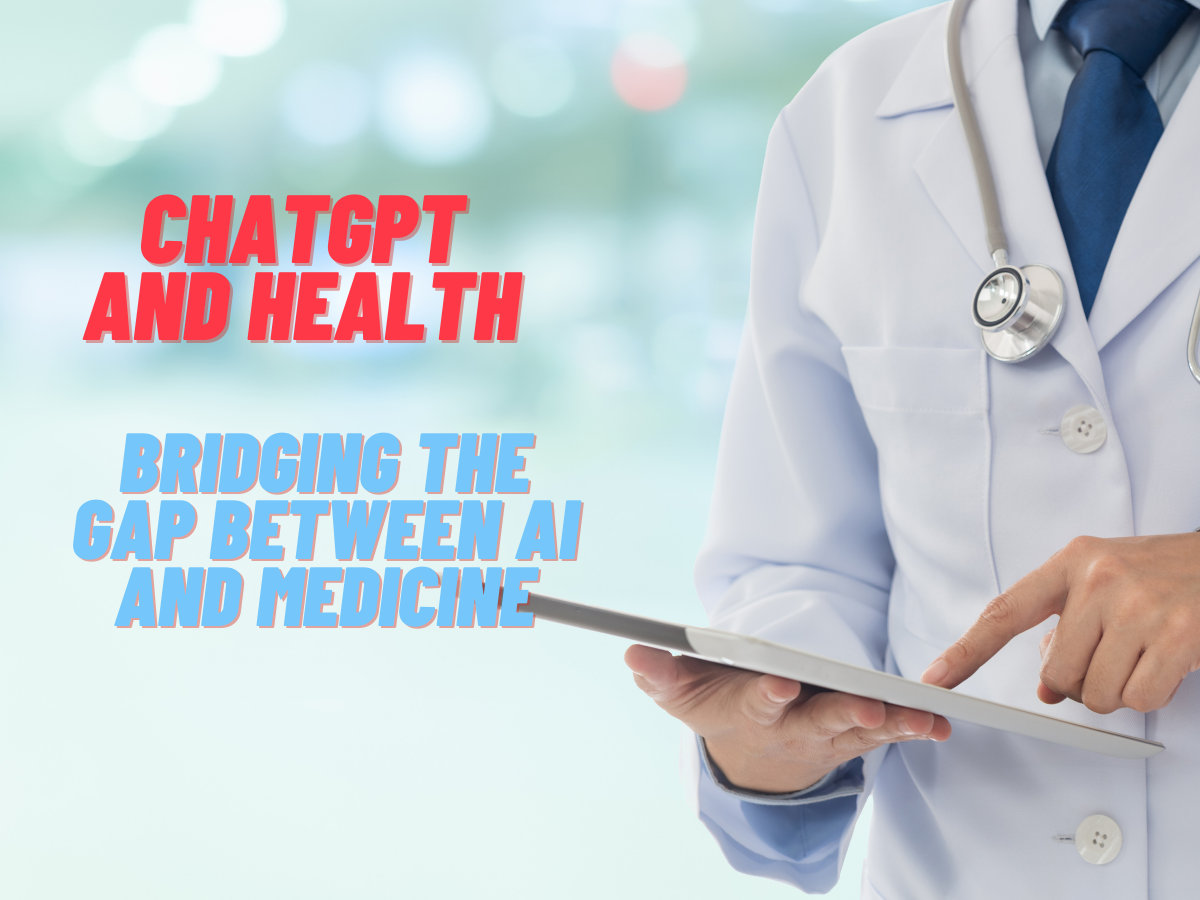

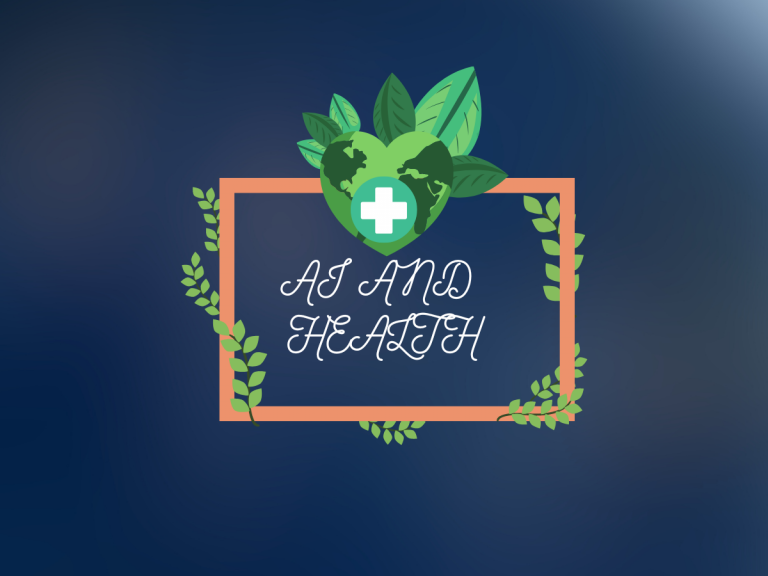
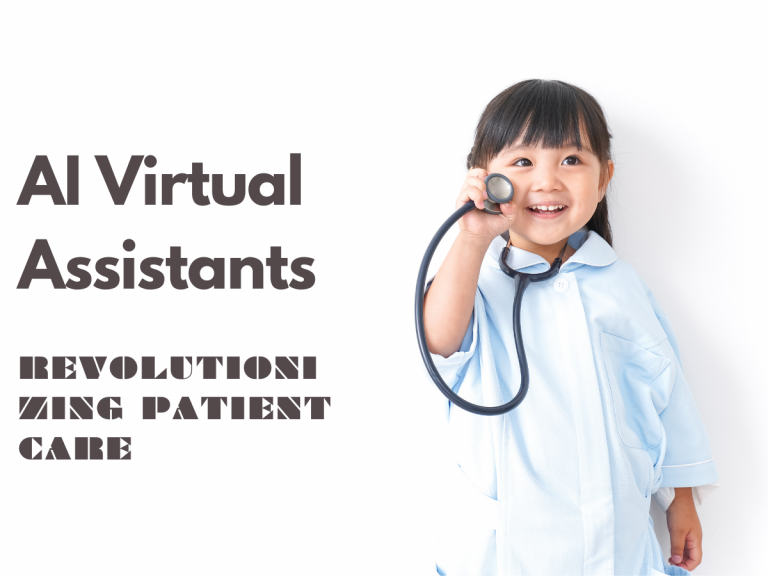



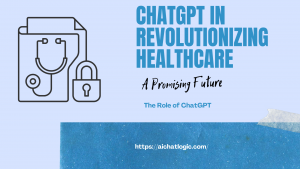
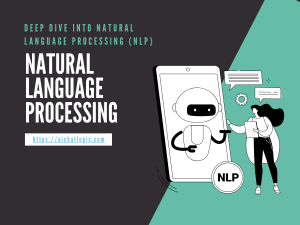



+ There are no comments
Add yours